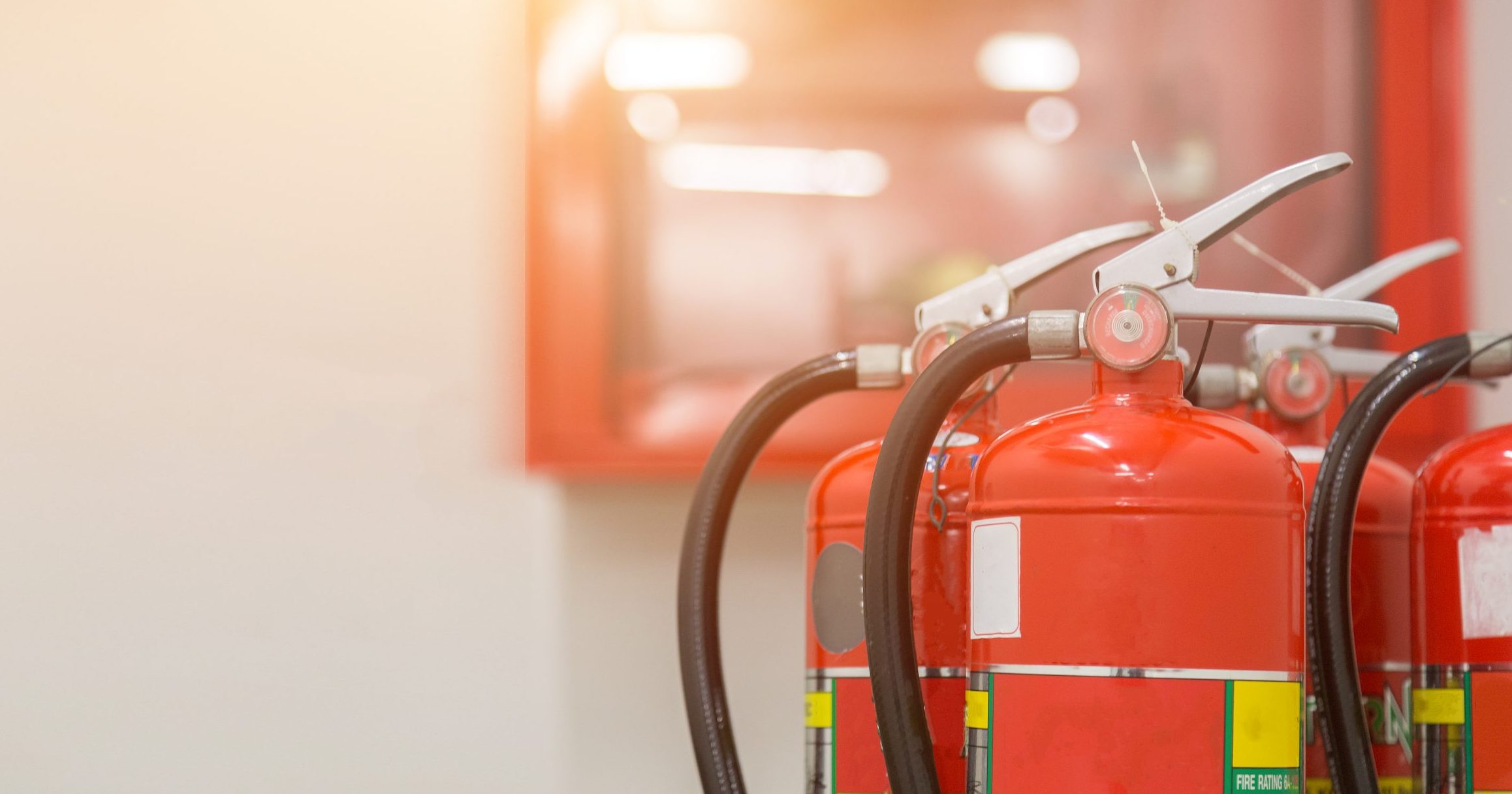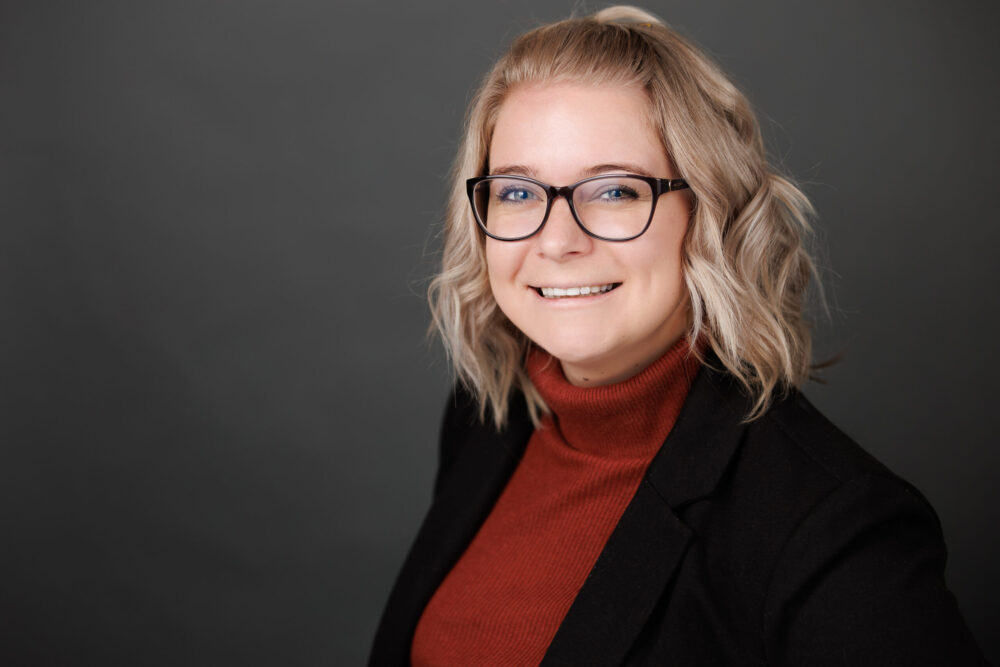AB Direct - Steers
Rail: 520.00 del
AB Direct - Heifers
Rail: 520.00 del
US Trade- Steers
Rail: ---
US Trade - Heifers
Rail: ---
Canadian Dollar
0.13

Be Prepared: Emergency preparedness week
Emergency Preparedness Week (EP Week) is an annual event coordinated by Public Safety Canada (PSC) in collaboration with provinces, territories, and various partners.
This year’s EP Week runs from May 4-10, 2025, aiming to encourage Canadians to become better prepared for emergencies.
Emergency preparedness is a continuous journey, unique to each individual. EP Week provides an opportunity to highlight the importance of being prepared and offers practical steps for all Albertans to follow. The steps include:
- Get and stay informed: Understanding the risks specific to your region is crucial. Public Safety Canada’s theme, “Be prepared. Know your risks,” emphasizes the importance of awareness and knowledge in preventing and mitigating local risks.
- Make a plan: Developing a comprehensive emergency plan tailored to your needs can significantly enhance your preparedness. This includes identifying safe locations, communication strategies, and essential contacts.
- Gather supplies and build a kit: Having a well-stocked emergency kit is vital. It should include items such as water, non-perishable food, medications, and important documents.
- Make community connections: Building strong community networks can provide support during emergencies. Engaging with local organizations and participating in community events can strengthen these connections.
The Preparedness Survey of Albertans indicates that a lack of information is a significant barrier to preparedness in the province. These resources can support your efforts in encouraging community members to take disaster risk reduction actions by providing:
- an annual theme aligned across Alberta to simplify the call to action
- ideas and information to support campaign planning
- a structured way of breaking down preparedness behaviours for community members
- a selection of communications you can edit to be more relatable and relevant for your community


